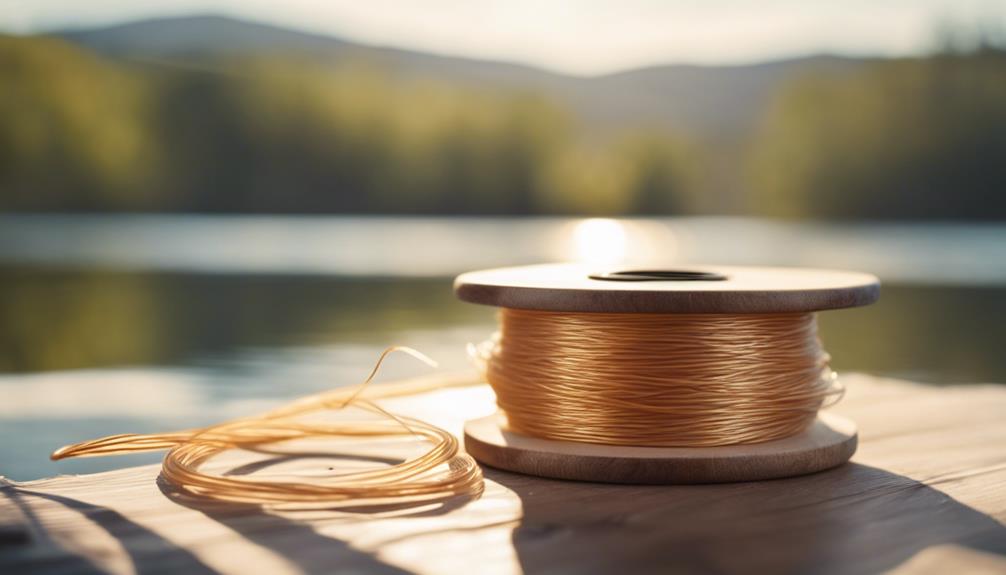When it comes to fishing, understanding the regulations surrounding fishing licenses is crucial for both novice and seasoned anglers. In this guide, we will explore where do you need a fishing license, including the various regions, types of licenses, and essential tips to ensure you stay compliant with local laws. Whether you’re planning a tranquil day at the lake or an adventurous ocean fishing trip, knowing the licensing requirements will enhance your fishing experience.
Understanding Fishing License Basics
Before diving into where do you need a fishing license, it’s important to grasp the basics of fishing licenses. A fishing license is a legal permit that allows individuals to fish in designated waters. These licenses are typically issued by state or provincial governments, and they help manage fish populations, protect aquatic ecosystems, and ensure sustainable fishing practices. Depending on where you live or plan to fish, the requirements and fees can vary significantly.
Different Types of Fishing Licenses
When considering where do you need a fishing license, it’s essential to know that there are various types of fishing licenses. Most regions offer different licenses based on the type of fishing you intend to do: freshwater, saltwater, or both. Additionally, there are licenses designed for residents and non-residents, while some regions may also offer short-term licenses or special permits for children or seniors. Understanding these distinctions can help you choose the right license for your fishing adventure.
Fishing License Requirements by Region
The requirement for a fishing license varies widely across different regions. In the United States, each state has its own regulations regarding fishing licenses. For example, in states like California and Florida, a fishing license is mandatory for anyone over a certain age who wants to fish in public waters. Conversely, some states may allow fishing without a license on designated days or in specific locations. It’s crucial to research the regulations for the state you plan to fish in to avoid potential fines or penalties.
Popular Fishing Destinations and Their License Requirements
If you’re wondering where do you need a fishing license, it’s helpful to focus on popular fishing destinations. For instance, if you’re fishing in the Great Lakes, each state surrounding the lakes has its own licensing requirements. In Canada, fishing licenses are regulated by provinces, and you’ll find similar rules in many other countries. Some areas might have specific seasons, catch limits, or restricted zones where fishing is not allowed without a proper license. Always check local regulations before heading out.
The Importance of Local Regulations
Understanding local regulations is a key aspect of knowing where do you need a fishing license. Each body of water may have its own set of rules, such as specific times when fishing is allowed or restricted species that should not be caught. These regulations are put in place to protect local ecosystems and maintain fish populations. Ignoring these rules can result in hefty fines and contribute to the decline of fish stocks. Always consult the local fish and wildlife agency to stay informed about the latest regulations.
How to Obtain a Fishing License
Now that you know where do you need a fishing license and the different types available, let’s discuss how to obtain one. In most cases, you can purchase a fishing license online through state or provincial wildlife agencies. Alternatively, many sporting goods stores, bait shops, and government offices sell licenses in person. When applying, be prepared to provide personal information and any relevant identification. Additionally, some locations may require you to pass a fishing education course, especially for first-time anglers.
The Benefits of Having a Fishing License
Having a valid fishing license has several benefits beyond legality. For one, it contributes to conservation efforts, as a portion of the funds collected from licenses is often used to improve habitats, restock fish populations, and maintain aquatic environments. Moreover, fishing with a license often grants access to exclusive fishing spots or events, enhancing your overall fishing experience. Lastly, having a fishing license can give you peace of mind, allowing you to focus on enjoying your time on the water without worrying about legal repercussions.
Conclusion: Stay Informed and Enjoy Fishing Responsibly
In conclusion, knowing where do you need a fishing license is essential for any angler looking to enjoy a successful and lawful fishing experience. From understanding the basics of fishing licenses to recognizing the importance of local regulations, this knowledge will help you navigate the waters with confidence. Always remember to check the specific requirements for your fishing destination and obtain the appropriate license before your trip. By doing so, you’ll contribute to the sustainability of our aquatic environments and ensure that fishing remains a cherished pastime for generations to come. Happy fishing!
